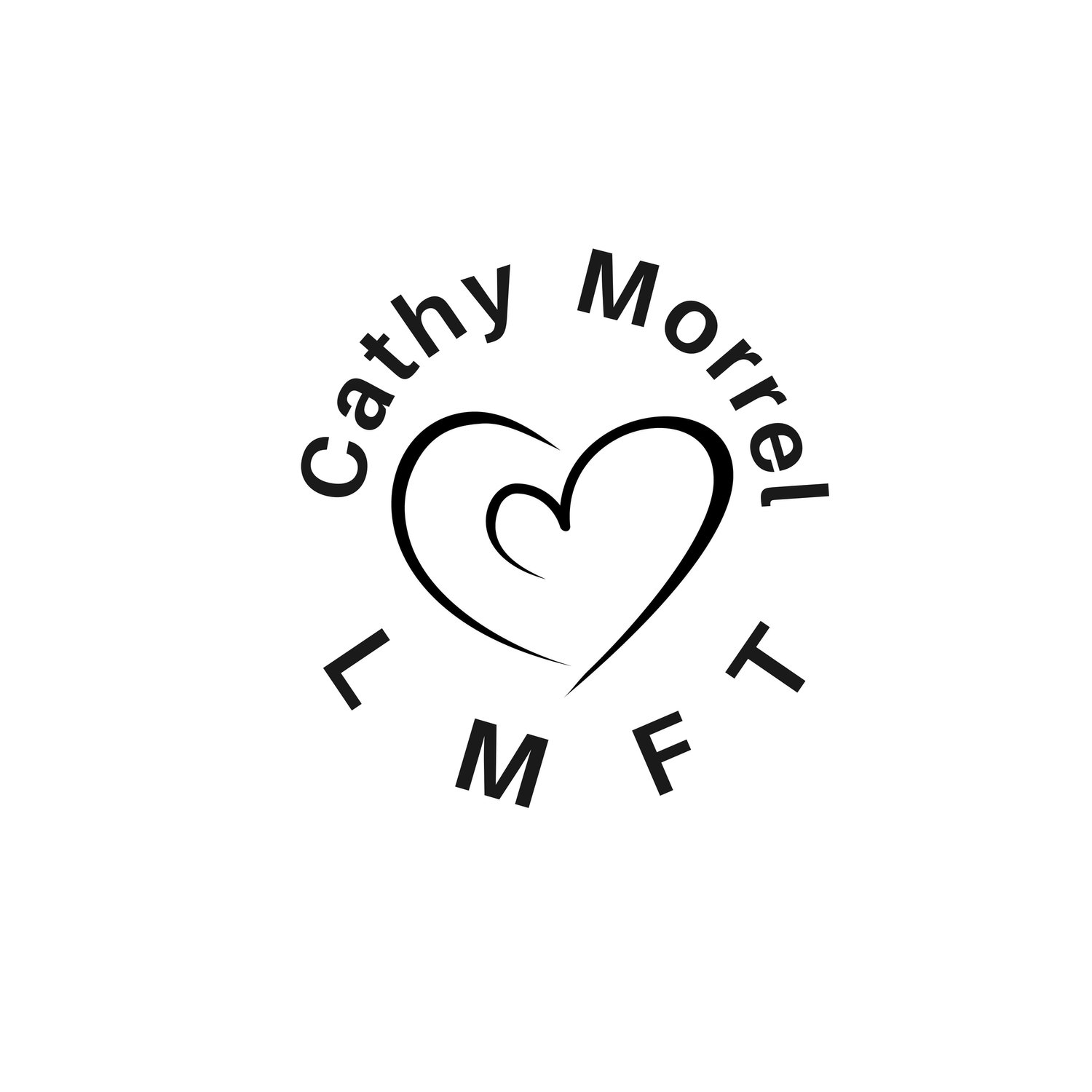Unveiling the Trauma
Unveiling the Shadows: Understanding and Healing from Religious Trauma
Religion holds immense significance for many individuals, providing solace, guidance, and a sense of community. However, there is a darker side that often goes unnoticed—religious trauma. In this blog post, we will delve into the depths of religious trauma, exploring its impact on mental health, the unique challenges it presents, and the transformative journey towards healing and reclaiming personal spirituality.
Religious trauma refers to the emotional, psychological, and spiritual wounds that arise from harmful or abusive religious practices, beliefs, or experiences. It can manifest in various ways, such as feelings of guilt, shame, fear, and a profound sense of unworthiness. Religious trauma is not limited to any specific religion but can occur across diverse religious backgrounds. It is essential to recognize that religious trauma is a valid experience that can significantly impact mental and emotional well-being.
Recognizing the signs of religious trauma is pivotal in beginning the healing journey. Symptoms may include anxiety, depression, intrusive thoughts, difficulty trusting others, a sense of betrayal, or even questioning one's own faith. It is crucial to approach these signs with compassion and understanding, acknowledging the unique experiences and challenges faced by individuals affected by religious trauma.
Religious trauma can have profound effects on mental health. The internal conflict between personal values and religious teachings can cause immense distress. Individuals may struggle with an erosion of self-esteem, loss of identity, and feelings of isolation. These experiences can lead to anxiety disorders, depression, and even contribute to post-traumatic stress disorder (PTSD). It is essential to seek support and validation for these mental health challenges.
Validating the Experience: The first step towards healing from religious trauma is validating and acknowledging the pain and impact it has had on one's life. Recognizing that your experience is real and valid is crucial in breaking free from the chains of trauma.
Seeking Support: Engaging in therapy or counseling with a mental health professional who specializes in religious trauma can be instrumental in the healing process. Therapists can provide a safe and empathetic space to explore the trauma, challenge unhealthy beliefs, and develop effective coping strategies.
Reevaluating Beliefs and Values: It is essential to reassess and redefine personal beliefs and values. This may involve questioning deeply ingrained religious teachings, examining their impact on one's well-being, and redefining spirituality based on personal experiences and values.
Cultivating Self-Compassion and Self-Acceptance: Embracing self-compassion and self-acceptance is vital in the journey to healing. Letting go of self-blame, guilt, and shame and embracing self-care practices and healthy boundaries paves the way for self-discovery and healing.
Building a Supportive Community: Connecting with others who have experienced religious trauma can provide a sense of validation, support, and healing. Finding or creating a community that respects individual beliefs and fosters acceptance can be transformative.:
Healing from religious trauma requires courage, self-reflection, and support. By recognizing the impact of religious experiences, seeking professional help, and cultivating self-compassion, individuals can embark on a transformative journey towards healing. Remember, you are not alone, and there is hope for reclaiming personal spirituality, finding inner peace, and living a life aligned with authenticity and well-being. Together, we can navigate the shadows of religious trauma and emerge into a brighter future of self-discovery and spiritual growth.

